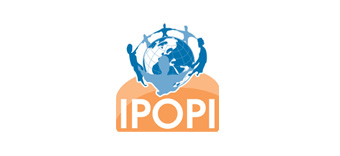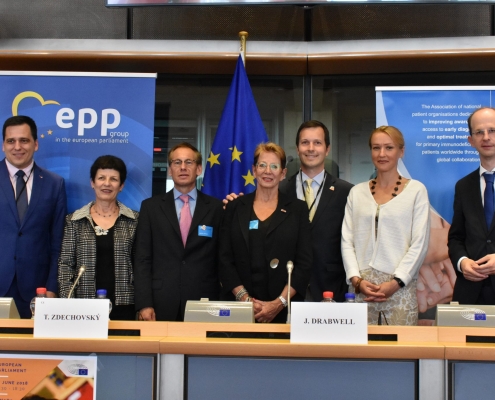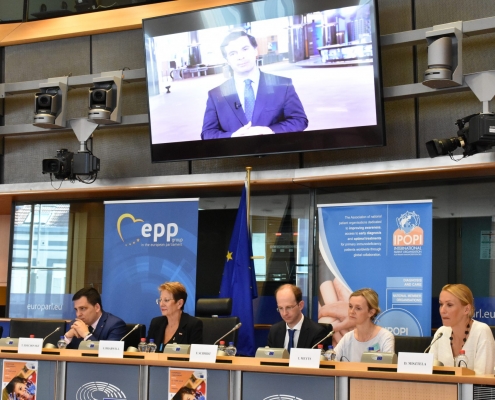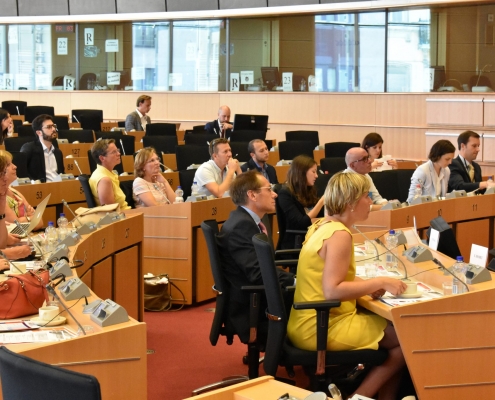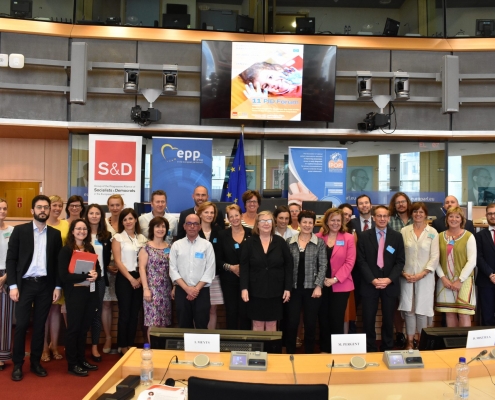July 04, 2018
11th IPOPI EU PID Forum – towards a revision of Paediatric Regulation: the case of PIDs
IPOPI organised the 11th edition of its EU PID Forum, hosted by MEP José Inácio Faria (EPP Portugal), MEP Tomás Zdechovský (EPP, Czech Republic) and MEP Elena Gentile (S&D Italy) on the topic of “Access to paediatric medicines: the case of PIDs – Towards the revision of Paediatric Regulation” on June 27. The aim of the meeting was to gather the views of stakeholders in primary immunodeficiencies (PIDs) field, such as patients, physicians, researchers, regulators, and pharmaceutical industry, to discuss the priorities of this community and to find a consensus in view of a potential revision of the European legislation on paediatric medicines. With the 11th PID Forum IPOPI wanted to gather more information on the improvements needed in the regulation to make sure that the needs of paediatric PID patients are taken into account in the revision.
Dr Florian Schmidt, from the European Commission, went over the activities the Commission is currently doing to assess the current European legislation for paediatric medicines development. As developers of therapies for children, Ms Dominika Mistsztela (PPTA) was invited to provide an overview of the development of immunoglobulin therapies for children, Prof Isabelle Meyts (ESID elected president) went over the implications of performing a bone marrow transplantation in children and Prof Frank Staal gave an overview of the RECOMB project which consists in developing a gene therapy for children with Severe Combined Immunodeficiency (SCID) by conducting clinical trials using gene therapy for one of the most common type of SCID: RAG-SCID. Patient representatives, Mrs Jose Drabwell (IPOPI President), Ms Ellen Desmet and Ms Edith Klapwijk (both mothers of patients with PIDs), provided the patient perspective to the discussions and their personal experience.
Key recommendations emanating from the meeting include the need for harmonization of treatment guidelines, the need for a holistic approach to paediatric care, a need for broadening the regulation to include societal aspects as well as medical devices, the importance of safe human clinical trials, and the importance of involving and informing patients in the process of developing new medicines.
The report from the meeting, as well as the presentations, will soon be available on IPOPI’s website.
IPOPI wishes to thank CSL Behring, Grifols and Shire for their support towards this event.
